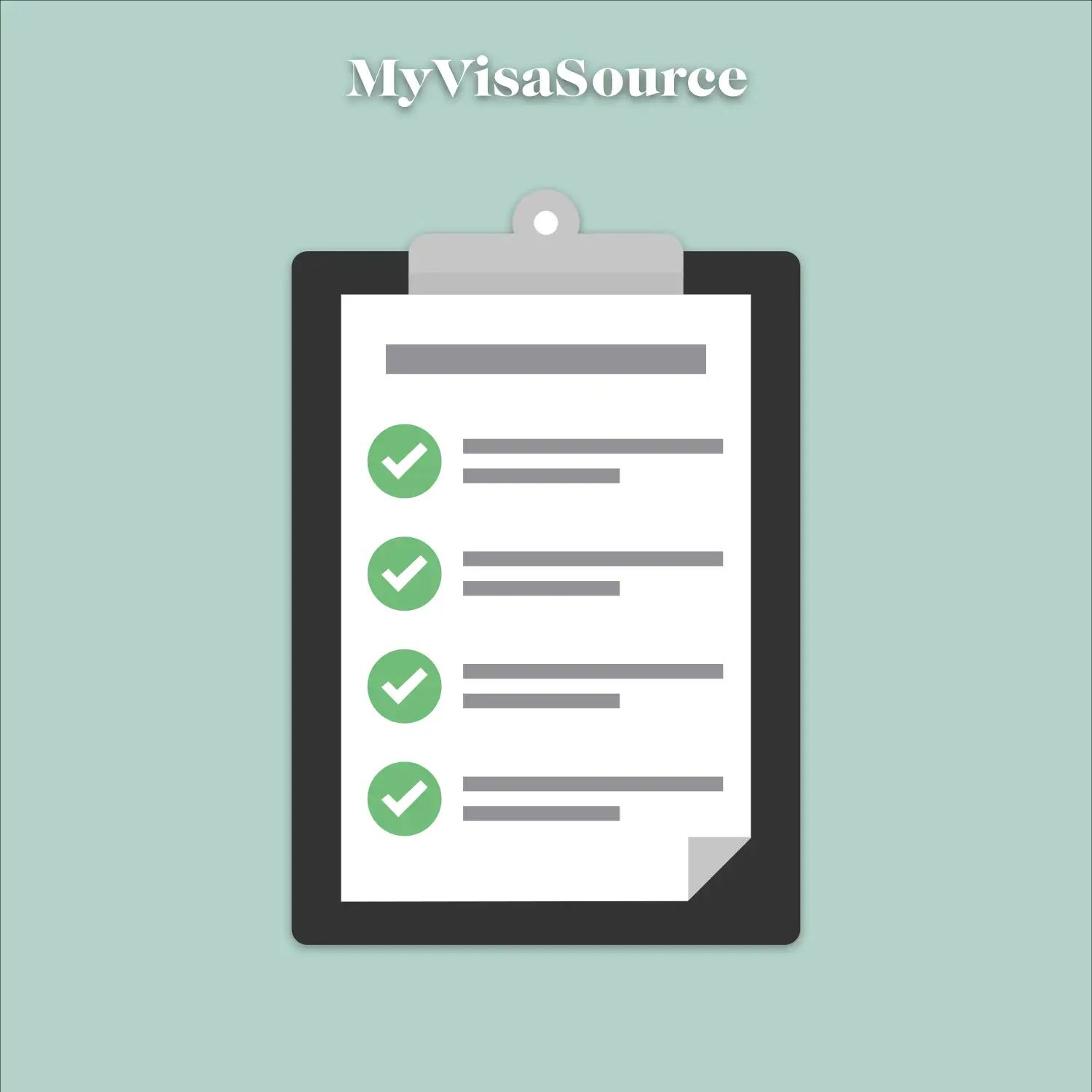You’re getting ready to start a new life in the True North. It’s exciting and a little scary. There’s so much to do, and as the date for your departure looms closer, not much time in which to do it. That’s why you need to be organized. Check out this Canada immigration checklist now to learn what you need to do.
Important Documents
When you’re immigrating to Canada, you’ll need a number of documents that prove you are who you say you are.
Generally, these documents include your birth certificate and that of any family members immigrating with you, passports, certificates of marriage or divorce papers, adoption records if your children are adopted, death certificates if your spouse is deceased, school records, medical and dental records, reference letters from former employers, and photocopies of all of these documents in case the originals go missing. Don’t keep the originals in the same place as the photocopies - you don’t want to lose them both.
It’s better to gather all of these documents before you leave the country. Otherwise, it could take a very long time to obtain them once you’re in Canada.
Find Housing
When you first come to Canada, you’ll need a place to stay.
If you have family or friends in Canada, ask them if you can stay with them temporarily. But what if you don’t know anyone in Canada?
You have a few options available for temporary housing once you arrive in Canada. Hostels or hotels are good options. Some cities are home to organizations that work with immigrants, and they might be able to assist you in finding some place to stay until you’re ready for something more permanent.
Improve Your English and/or French
Canada has two official languages: English and French. All federal government services, documents, and publications are available in these two languages.
Most of the country speaks English. French is most widely spoken in Quebec, pockets of Ontario, New Brunswick, and Manitoba. Learning either French or English is a necessity in Canada. You’ll need these language skills to get a job, go to school, access government services, and attain citizenship.
It’s best to start working on your English or French language skills before you move to Canada, so when you arrive, you’ll be able to communicate. The government offers English or French language classes to immigrants too.



















